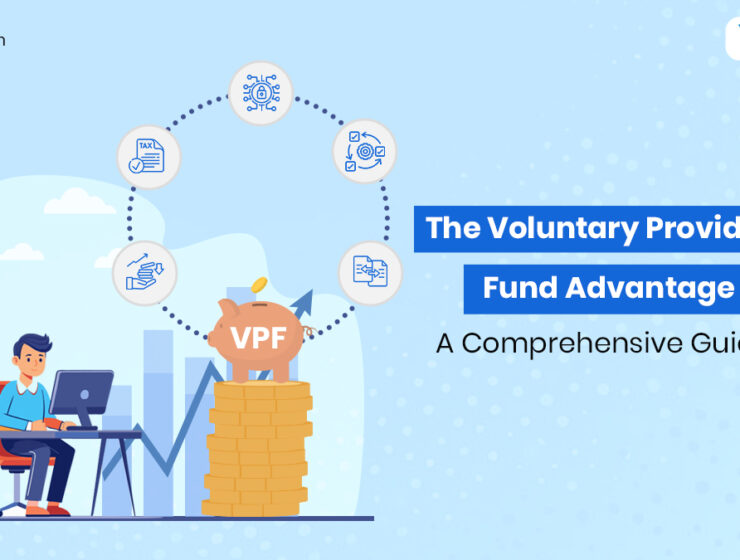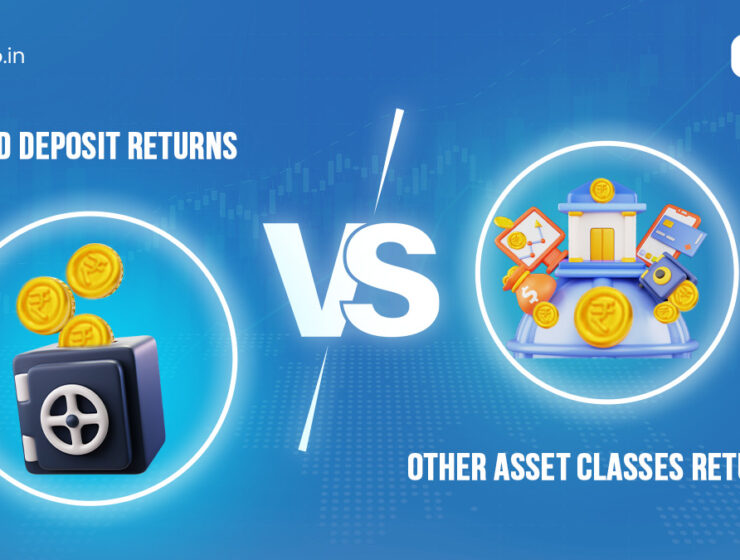

If you are an employee or a taxpayer professional or businessman you may have heard already about deduction under Section 80C under the Income Tax Act. But still, by investing where you can be eligible for this tax deduction, up to what extent of investment it is applicable, who can invest in what type of tax saving instruments and the varying time period of these investments, people should be informed of all these aspects. Without going deeper into the so called legal details of the Income Tax Act and the tax saving provisions made under it, let us explain things that can guide people regarding tax saving exercises.
The Limit for Deduction Under Section 80C
The optimum limit for deduction under section 80C is now Rs 1.5 lakh starting from the Financial year 2014-15 or Assessment Year 2015-16. Several types of investments and small savings including NSC, PPF, all other pension plans, life insurance premiums, investment in government bonds are considered eligible for income tax deduction under Section 80C. In India this is the only valid and full proof tool to save income tax in an eligible manner. Apart from these investments some expenditure like house rent, educational expenses for children, etc are also eligible for deduction from income tax.
The Types of Investment Qualified for Deduction under section 80C
Provident Fund (PF) and Voluntary Provident Fund (VPF)
Provident Fund and Voluntary Provident Fund contributions are deducted from the salary of the employers. Both the employee and the employer contribute to this fund. The contribution from the employer gets complete tax exemption and the contribution from the employee becomes subject to deduction under section 80C. The contributions made under the voluntary Provident Fund (VPF) also get tax deductions under this section. The present rate of interest for PF and VPF contributions is 8.5% per annum.
Public Provident Fund (PPF)
Public Provident Fund (PPF) is another popular small saving scheme that is eligible for income tax deduction under section 80C. One can make an investment of up to 15,00,000 under this per year and get the full tax benefit. Though the interest rate is not fixed it is higher than other provident funds at present and it stands at 8.70% per annum.PPF is one of the most popular tax saving as well as investment instruments as it comes with the EEE tax framework.
Life Insurance Premiums:
Life insurance premiums paid for yourself, spouse and your children are also eligible for deduction under Section 80C deduction. It is to be noted that all the life insurance premiums paid for parents or other relatives or in-laws are not eligible for this deduction.
Equity Linked Savings Scheme (ELSS)

A few mutual fund (MF) schemes that are created specifically for tax savings are called Equity Linked Savings Scheme, or ELSS. All ELSS investments are eligible for deduction under Sec 80C.
Home Loan Principal Repayment
A part of the Equated Monthly Installment (EMI) paid by you against your home loan is eligible for this deduction. An EMI consists of two parts, respectively as Principal and Interest. The principal amount of the EMI is qualified for deduction under Sec 80C.
Stamp Duty and Registration Charges for a residential property
The registration charges and stamp duty paid by you for buying is eligible for deduction of tax under section 80C. It is the only subject of deduction in the year of purchase.
Sukanya Samriddhi Account
Sukanya Samridhi Account is government-sponsored savings account to protect the girl children is covered under this deduction. The account that can be opened with a minimum deposit of Rs 1000 until the girl reaches the age of 10 can have up to a maximum limit of Rs 1.5 lakh deposit and the entire amount gets deduction under section 80C. A single account per girl child is covered under this account.
National Savings Certificate (NSC)
NSC is an well-acclaimed tax saving instrument under section 80c and it offers a maturity period of Five or Ten Years. The interest rate for this instrument is 8.50% p.a. on 5-year term and 8.80 % p.a. for 10-year term. Investments made in NSC are eligible for income tax deduction of up to Rs 150,000 p.a.
Infrastructure Bonds
These bonds commonly referred as Infra Bonds are issued by the companies engaged in infrastructure development projects. Any investment made in these bonds is subject to deduction under section 80C.
Pension Funds
Pension funds investment receives a deduction under the subsection referred as 80CCC. It does not offer deduction over and above the limit for 80C. The total limit of deduction is 1.50 Lakh for all instruments under section 80CCC and 80C.
Fixed Deposits (FDs) for 5 Year Term
The investments made for entitled tax saving fixed deposits (FDs) from the scheduled banks with at least 5 years of tenure are eligible for section 80C income tax deduction.
Senior Citizen Savings Scheme 2004 (SCSS)
This is a relatively new investment covered under section 80C. Senior Citizen Savings Scheme (SCSS) 2004 offers the only deduction of tax for the principal investment amount and the interest portion is taxable as usual.
Post Office Time Deposits (POTD) for 5 Year Tenure
POTDs just like fixed deposits in banks offer the same tax benefits under section 80C if a minimum tenure of 5 years is maintained. Unlike competitive interest rates in banks (POTD) offers currently 8.50 percent interest p. a.
NABARD rural bonds
NABARD (National Bank for Agriculture and Rural Development) issues NABARD Rural Bonds that qualify under section 80C for tax deduction.
Unit linked Insurance Plan (ULIP)

ULIP or Unit linked Saving Schemes that comprises Life insurance with equity investments allows both tax saving and growth from equity market.
Educational Expenses For Children
Expenses for the education of children are subject to deduction under Section 80C. You need to provide valid receipts for the same.
The tax saving instruments mentioned above should be chosen not just for saving income tax but also for creating a diversified investment portfolio as well. Among the above mentioned savings and investment schemes you can choose as per your growth appetite, capacity of taking risk, need of stability and liquidity of your assets.
A financial planning platform where you can plan all your goals, cash flows, expenses management, etc., which provides you advisory on the go. Unbiased and with uttermost data security, create your Financial Planning without any cost on: http://bit.ly/Robo-Fintoo
To Invest and keep regular track of your portfolio download: Fintoo App Android http://bit.ly/2TPeIgX / Fintoo App iOS http://apple.co/2Nt75LP‘
Disclaimer: The views shared in blogs are based on personal opinion and does not endorse the company’s views. Investment is a subject matter of solicitation and one should consult a Financial Adviser before making any investment using the app. Making an investment using the app is the sole decision of the investor and the company or any of its communication cannot be held responsible for it.
Related Posts
Stay up-to-date with the latest information.


